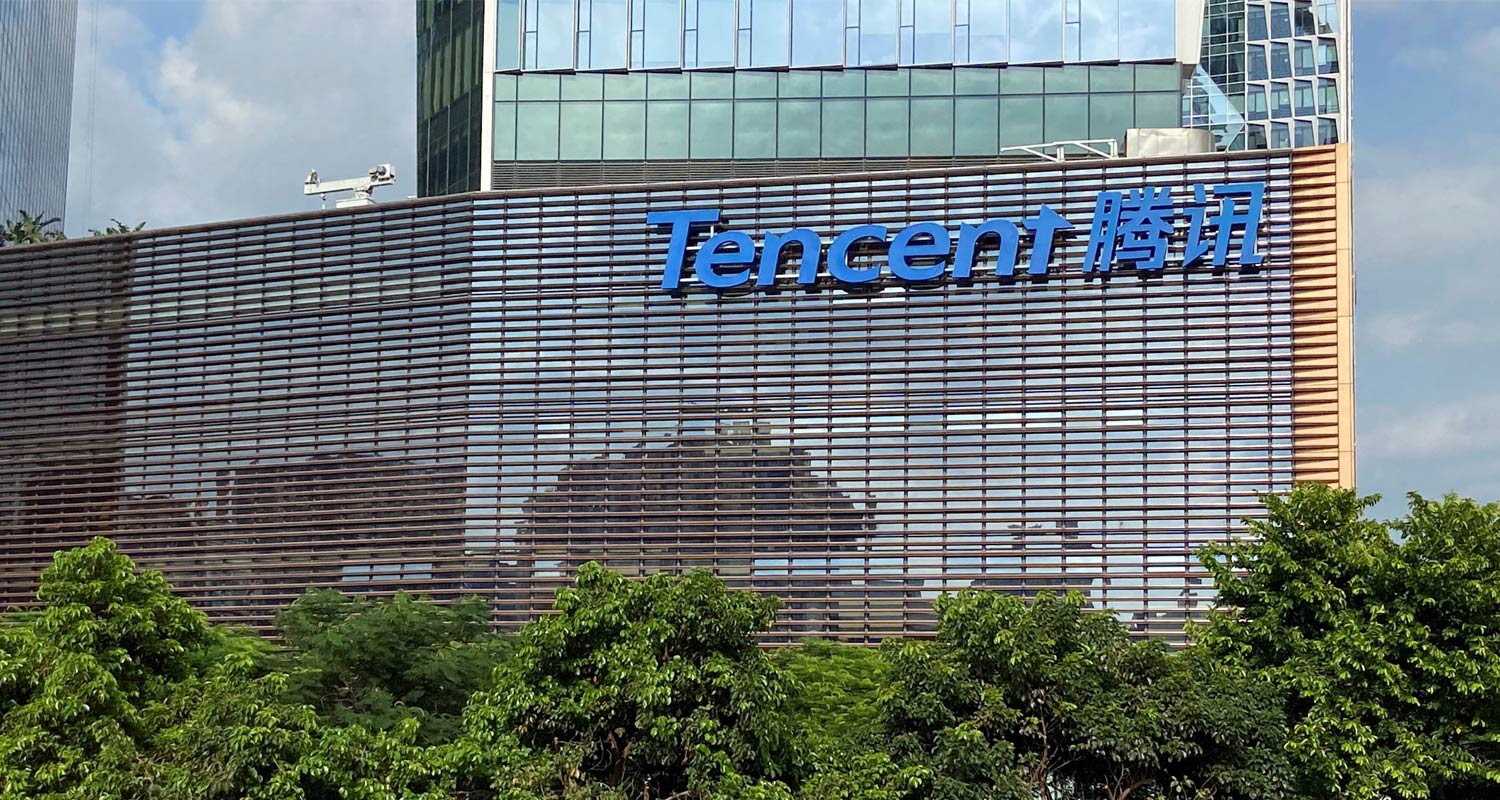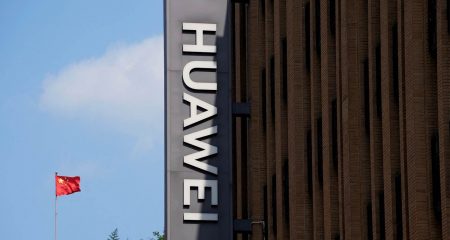
Tencent Holdings has returned about US$24-billion to shareholders via buybacks and dividends this year. But even that won’t convince investors that it’s due for a turnaround following a $43-billion market value wipeout.
Shares of the Chinese gaming company have fallen more than 27% since its January high, trailing the Hang Seng Tech Index by some six percentage points, despite it buying back more shares than any other firm in Hong Kong this year. Investors remain cautious that broad global selling of Chinese assets and a sputtering economy will remain key pressure points.
“That the stock has underperformed is really emblematic of the investor disillusionment with China,” said Vey-Sern Ling, MD at Union Bancaire Privee. “Tencent stock can start outperforming only when investor confidence in China returns.”
In total, Tencent has spent $4-billion in buybacks and another $20-billion across cash dividends and distributed shares in food-delivery firm Meituan, according to Bloomberg calculations.
There are clear reasons why investors are concerned. Tencent’s fintech and business services segment, which accounts for about one-third of total revenue, likely grew at a slower pace last quarter as offline payment volumes were hit by slower retail sales, according to HSBC Holdings’ Charlene Liu. The bank also trimmed its 2023 games revenue growth forecast given contribution from new launches may take longer to ramp up.
Still, optimism is slowly building among some analysts as Tencent shifts its business mix towards higher-margin segments such as mini-games and video accounts, while reducing exposure to its less profitable video-streaming business. The recent boost in share buybacks may also provide some price support even as its biggest shareholder trims its stake, according to Morgan Stanley.
Tencent concerns
Tencent’s forward earnings forecast is at a historic high and the company’s shares remain the most recommended in Asia. The stock has 67 buy recommendations and zero sell ratings.
Even so, the analysts’ bullishness is being overshadowed by broader macro concerns and rising global yields. A subdued domestic inflation print released on Friday and the lacklustre data on spending during the Golden Week holiday suggests the turning point is still far away.
Read: Tencent disappoints in warning for Chinese tech sector
“Fund flows remain unfavourable towards China, which will continue to affect Tencent’s ability to outperform as a high-beta name,” said Paul Pong, MD at Pegasus Fund Managers. “The inflection point for the company will appear when the US yield stops rising and China’s economy bottoms out.” — Jeanny Yu, with Julie Chien and Hua Bu, (c) 2023 Bloomberg LP




